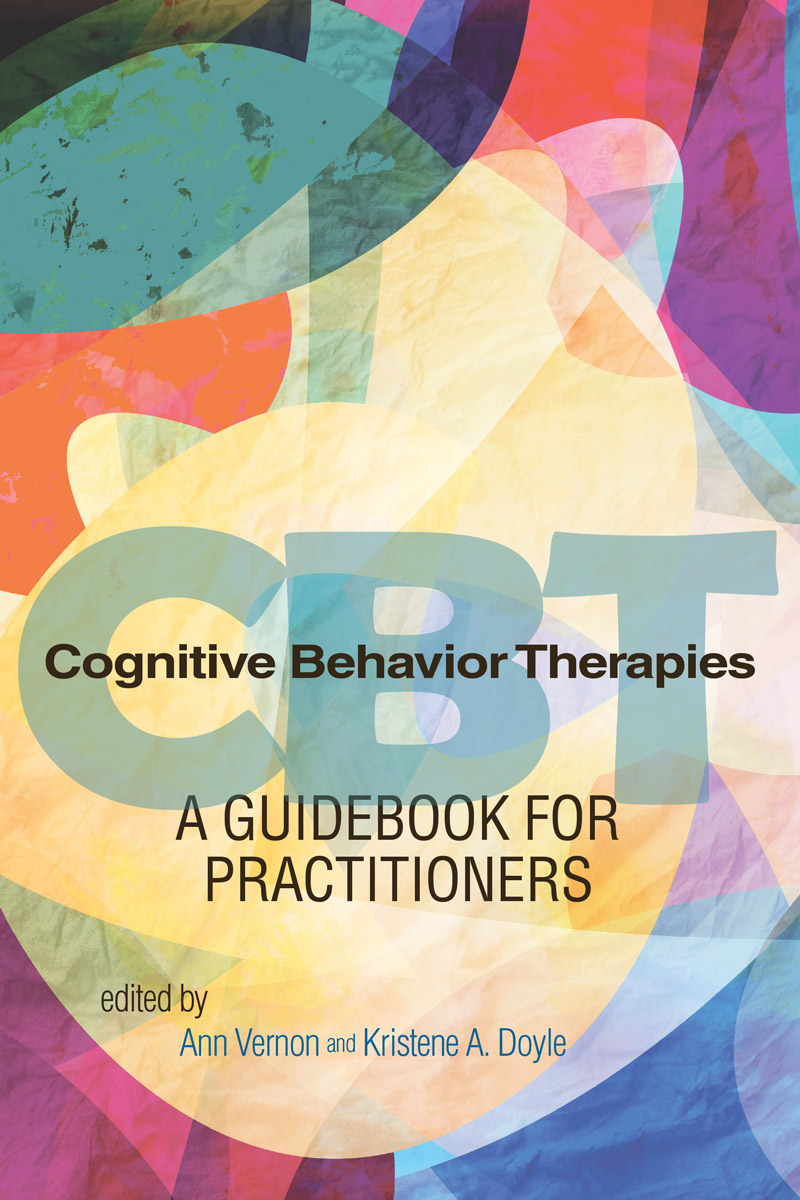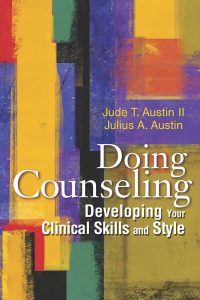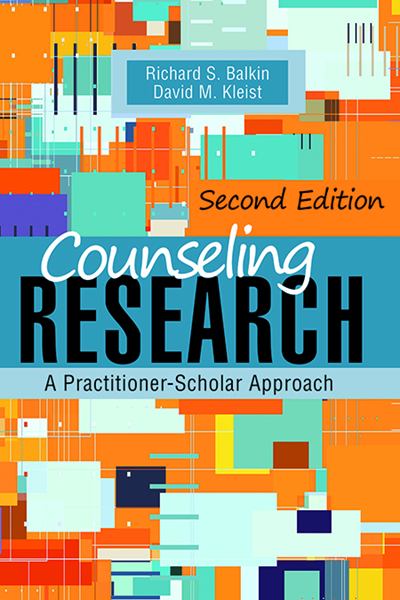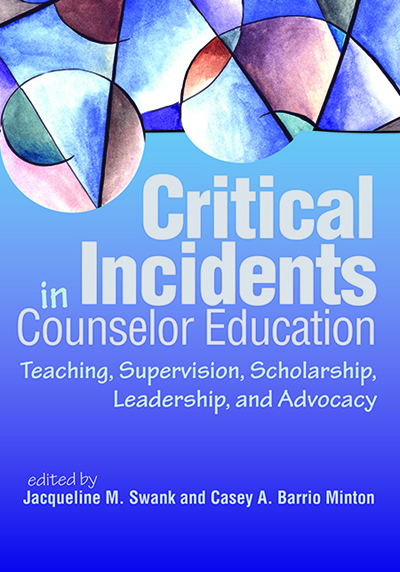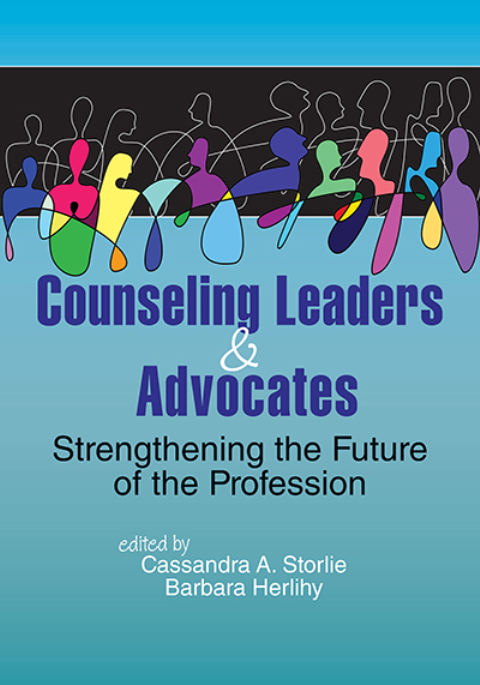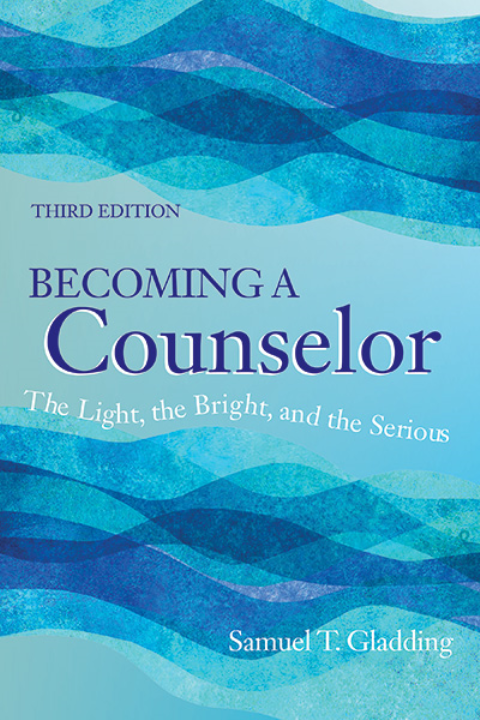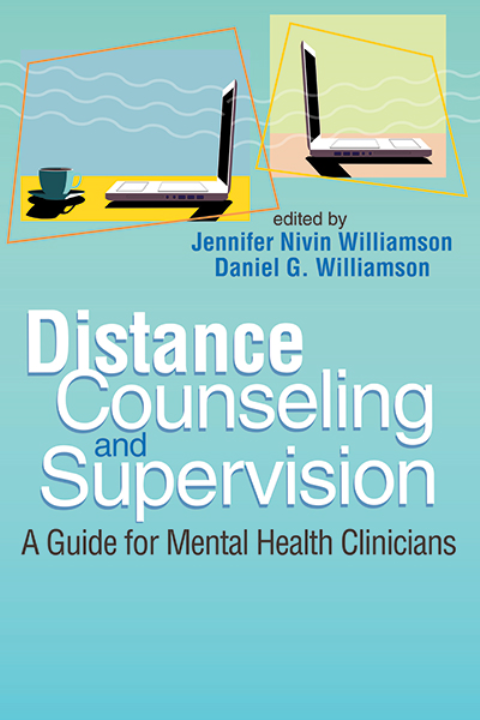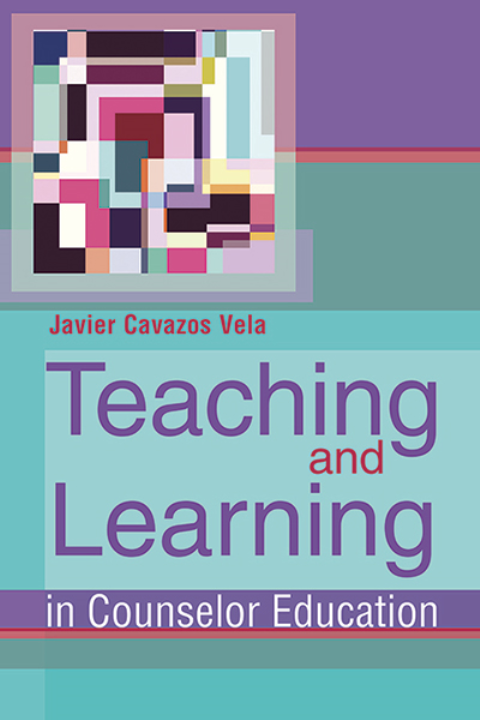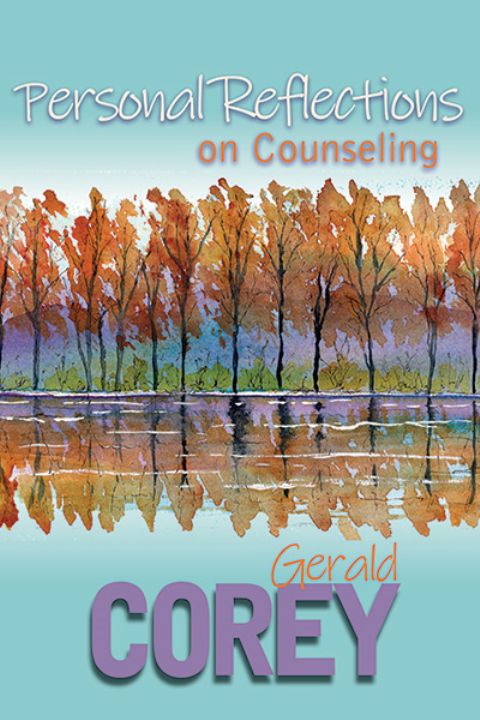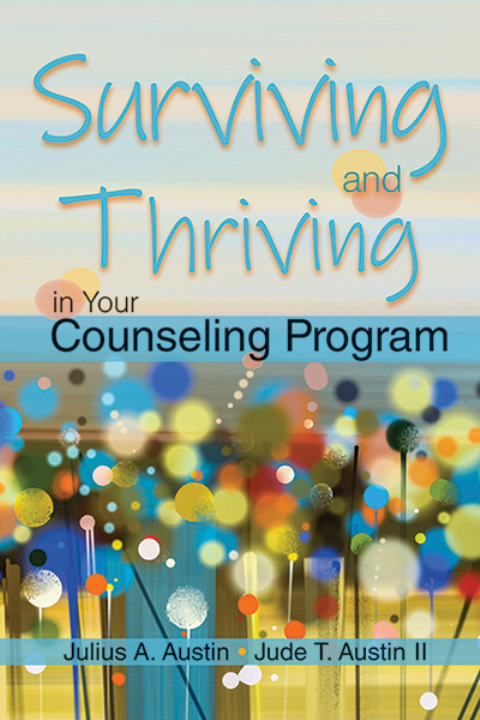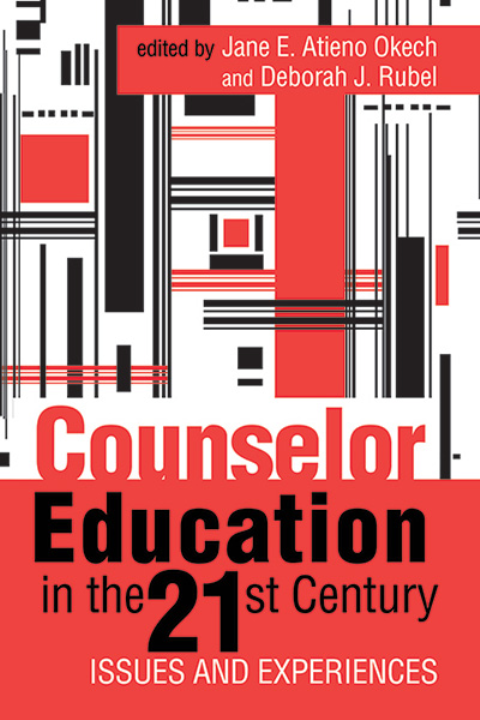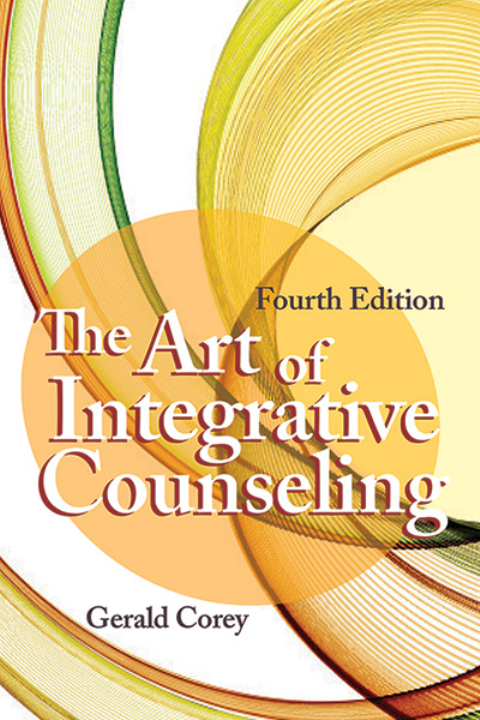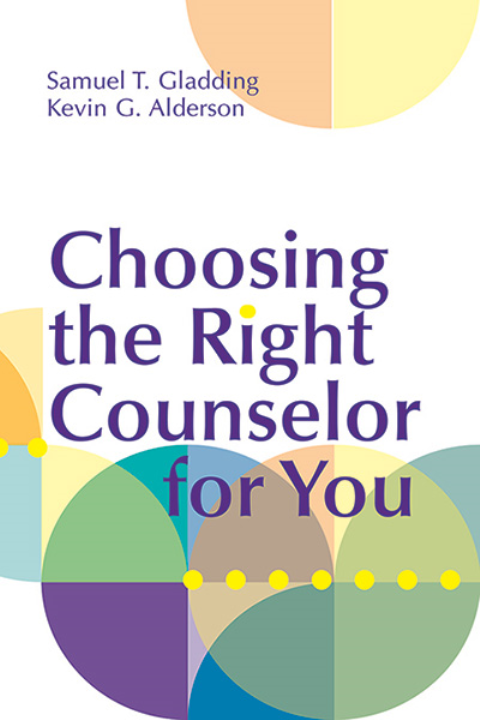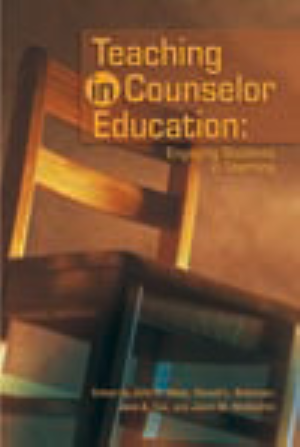
Professional development, a lifelong process
Related Articles from Counseling Today
Internalizing Our Authority
Photo Credit: Illustrations by Sam Kerr
Every issue we ask a counseling student or new professional to pose a career-related question to another counseling professional who has experience in that topic. This month Claire-Madeline Corso, a resident in counseling in Virginia and registered mental health counseling intern in Florida, asks Laura Smestad, PhD, LMHC, to consider how categories denoting experience level (such as the term “new professional”) affect one’s sense of professional identity. Smestad is the owner of Informed OCD Counseling, a practice based in Seattle, and is an adjunct faculty member at Antioch University Seattle.
Question:I’ve been thinking a lot about how new professionals internalize their own authority. What does it mean to be a “new” or “seasoned” professional? And how do these terms affect our sense of authority or belonging throughout our careers?
Answer:First, I want to acknowledge that it can be daunting as a brand-new professional entering the field to feel as if you belong or have any sort of expertise or authority, particularly when many clients and counselors explicitly state they are looking for a “seasoned” therapist. Even after 10 years in the field, I still questioned whether I was qualified or “seasoned” enough to participate in this discussion.
Regardless, if we have been practicing for a few months or 20 years, I think it’s important for all of us to maintain a sense of humility in our work and to recognize that length of time in the field does not always equate with stronger clinical skills or best fit for a client. At every stage of development, counselors will consult with others or seek supervision on cases, and no matter how long someone has been practicing, they cannot be equipped to handle every client issue.
Recognizing my own skill set, strengths and scope of practice has been helpful for me to build confidence in my abilities and to also know when I need help from other clinicians. I am a big believer that we are never done learning, and while a newer clinician may need to rely on the guidance of others more frequently, it can help to remember that “seasoned” professionals still seek out consultation with other counselors in order to best serve clients. Getting support from others can be a great way to increase a sense of authority and belonging as a counselor.
When I first started out as a counselor, I remember feeling as if no one would take me seriously, both because of my age (I was 23) and my lack of experience. I tried to change certain aspects of myself to fit what I thought people were looking for in a counselor (e.g., the way I talked, the way I dressed). However, over the course of my career, I have noticed that clients respond better to treatment when I am authentically myself. Once I started embracing who I am as a therapist instead of who I thought I should be, I began to build stronger therapeutic alliances, help clients make more progress and enjoy the work a lot more. I encourage newer counselors to lean into their own authenticity and to not be afraid of being themselves in the therapeutic process.
In the process of internalizing my own authority, I have also found it helpful to establish a niche area of specialty because this has allowed me to focus deeply on a specific population, which, in turn, has increased feelings of self-efficacy and authority. This has also allowed me to find a community of therapists who share my specialty, and with them, I have found a deep sense of belonging.
- Professional Counseling
- Professional Development
